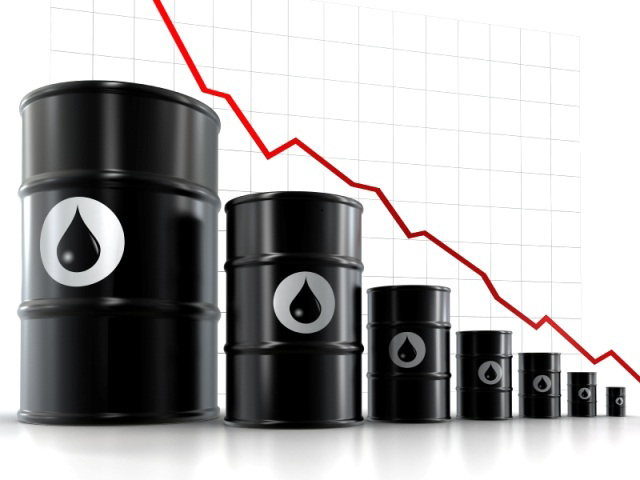Baku, Azerbaijan, Feb.10
By Aygun Badalova -Trend:
Standard & Poor's Ratings Services lowered its long-term foreign and local currency sovereign credit ratings on Kazakhstan to 'BBB' from 'BBB+'. The outlook is negative, according to the agency's report.
At the same time, the agency affirmed the short-term foreign and local currency sovereign credit ratings on Kazakhstan at 'A-2'.
In agency's opinion, the decline in oil prices materially affects the outlook for Kazakhstan's economic growth and external and fiscal balances, given its high dependence on oil.
Standard & Poor's now forecasts real GDP growth will slow to 1.5 percent in 2015, and on a per capita basis will average 1.6 percent over 2015-2018. The agency expects that the fiscal and external balances will weaken as a result of the lower oil price environment and the government's stimulus plans.
"Kazakhstan's economy depends heavily on the oil sector. It accounts for an estimated 20-30 percent of GDP, over 50 percent of revenue, and 60 percent of exports. Nominal GDP and oil prices are highly correlated," the report said.
In 2016 Standard & Poor's expects Kazakhstan's GDP at 2 percent.
Standard & Poor's expects Kazakhstan's oil production will decrease slightly during 2015-2016.
The agency expects output in 2015 of 80.5 million tons, from 81.8 million tons previously.
Standard & Poor's does not foresee any significant production gains from the offshore Kashagan oil field until 2018.
"At what point the field will come back on line and reach peak capacity of its first phase of production remains uncertain, but should eventually increase Kazakhstan's oil output by 20 percent," the report said.
Kashagan is a large oil and gas field in Kazakhstan, located in the north of the Caspian Sea. The geological reserves of Kashagan are estimated at 4.8 billion metric tons of oil. The total oil reserves amount to 38 billion barrels with some 10 billion of them recoverable reserves. There are large natural gas reserves at the Kashagan field - over one trillion cubic meters.
The production at the Kashagan field started Sept. 2013, but in October, it was ceased after a gas leak in one of the main pipelines. The analysis revealed numerous cracks in the pipeline, which needed to be completely replaced. The replacement was said to take at least two years.
Standard & Poor's said in its report that the National Bank of Kazakhstan will face challenging demands on several fronts in 2015.
"On the one hand, it will be looking to support financial stability in conjunction with the government's efforts to address legacy problem loans in the banking sector. On the other hand, it will want to facilitate an external adjustment through the exchange rate. Similarly, it will not wish to counteract the government's counter-cycle fiscal policy, yet it may need to keep liquidity conditions tight to support the tenge," the report said.
Moreover, despite the modification of Kazakhstan's pension system in 2014, the NBK continues to operate a shallow local bond market, which reduces its ability to conduct open market operations, according to Standard & Poor's.
Weighing these conflicting demands, the agency expects the NBK will either allow a gradual depreciation of the tenge or undertake another step devaluation this year, to accommodate lower oil prices and to ease the tenge's appreciation against the ruble (against which it has appreciated by around 50 percent in nominal terms since last year's tenge devaluation).






